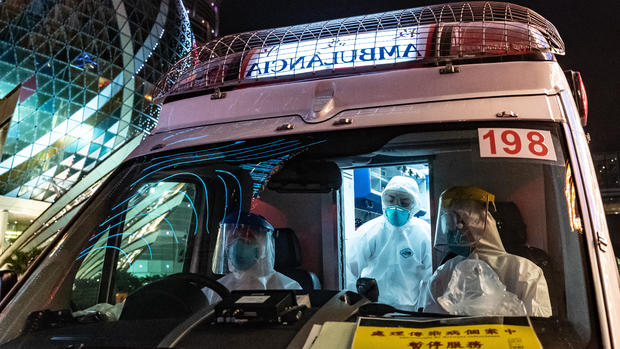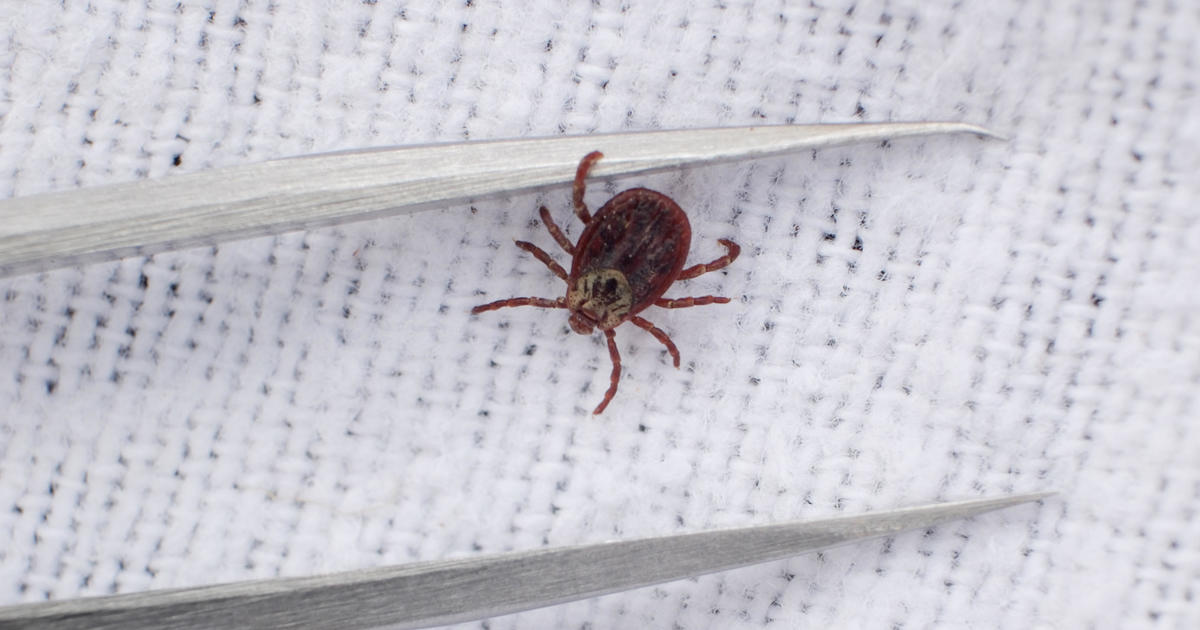How does coronavirus spread? Five things we don't know about the virus
How does coronavirus spread? Find out more in our updated FAQ.
China reported the first cases of a mysterious respiratory illness in the city of Wuhan to the World Health Organization in late December. There are now more than 28,000 coronavirus cases globally and at least 565 people have died from the new virus — part of a large family of coronaviruses that can cause a range of illnesses, from the common cold to SARS.
But many questions remain unanswered.
Here are five things we still don't know:
What is the origin of the new coronavirus?
Forty-nine of the first 99 patients treated at Wuhan's Jinyintan Hospital — which admitted the first patients with confirmed coronavirus cases — had a direct connection to the city's Huanan seafood and live animal market, according to an analysis published in the Lancet medical journal on January 30.
The patients' common link to the market suggests an initial animal-to-person spread, according to the Centers for Disease Control and Prevention (CDC). The specific source of the virus, however, will not be known until an analysis of its genetic tree is complete, according to the federal health agency.
"Public health officials and partners are working hard to identify the source of the 2019-nCoV," the CDC says on its website, using the temporary name given to the virus.
How does the coronavirus spread?
"Much is unknown about how 2019-nCoV, a new coronavirus, spreads," the CDC says.
While the first cases are thought to have transferred from animals to humans, new cases have spread from person to person.
"A growing number of patients reportedly did not have exposure to animal markets, indicating person-to-person spread," the CDC says. "Chinese officials report that sustained person-to-person spread in the community is occurring in China."
Person-to-person spread has also been reported outside of China, including in the United States. The CDC said at the end of January a man in Illinois caught the virus from his wife after she returned from China, and similar transmission occurred between spouses in California.
According to the CDC, spread from person to person of coronaviruses happens most often between people within about six feet apart, known as "close contacts." This is because spread is believed to occur when an infected person coughs or sneezes, "similar to how influenza and other respiratory pathogens spread," explains the CDC.
The CDC says it's unclear if a person can get the new coronavirus by touching their nose, mouth or eyes after touching a surface or object with the virus on it. But the World Health Organization says coronaviruses don't survive long on objects, and that it isn't spread on letters or packages from China.
When do people become contagious?
Most respiratory viruses are contagious when people are their sickest, or most symptomatic. With this particular coronavirus, however, the CDC says there have been reports of spread "from an infected patient with no symptoms to a close contact."
An analysis published in the New England Journal of Medicine on January 30 looked at one instance where the virus spread from an asymptomatic person. A Chinese businesswoman visiting Germany for work infected a 33-year-old "otherwise healthy" German businessman, according to the study. The woman, however, did not present any symptoms until she was "on her flight back to China."
"This case of 2019-nCoV infection was diagnosed in Germany and transmitted outside of Asia," reads the study. "However, it is notable that the infection appears to have been transmitted during the incubation period of the index patient, in whom the illness was brief and nonspecific."
The World Health Organization says, however, that "based on currently available data, the people who have symptoms are causing the majority of virus spread."
Is there a cure for the coronavirus?
According to the World Health Organization, "there is no specific medicine recommended to prevent or treat the new coronavirus" at this time.
"Some specific treatments are under investigation, and will be tested through clinical trials," the WHO says on its website. "WHO is helping to accelerate research and development efforts with a range or partners."
The WHO recommends that anyone who is experiencing the symptoms of coronavirus — fever, cough and difficulty breathing — seek medical care, and make sure to share their recent travel history with a doctor.
We don't know of a vaccine
There is currently no vaccine to prevent the coronavirus. The best way to avoid infection is by avoiding exposure.
If you are not in or near an area with an outbreak, the CDC recommends people take typical prevention measures including washing your hands often with soap and water for at least 20 seconds and avoiding close contact with people who are sick.
The CDC does not recommend people wear face masks if they are not near a known outbreak or sick person.




